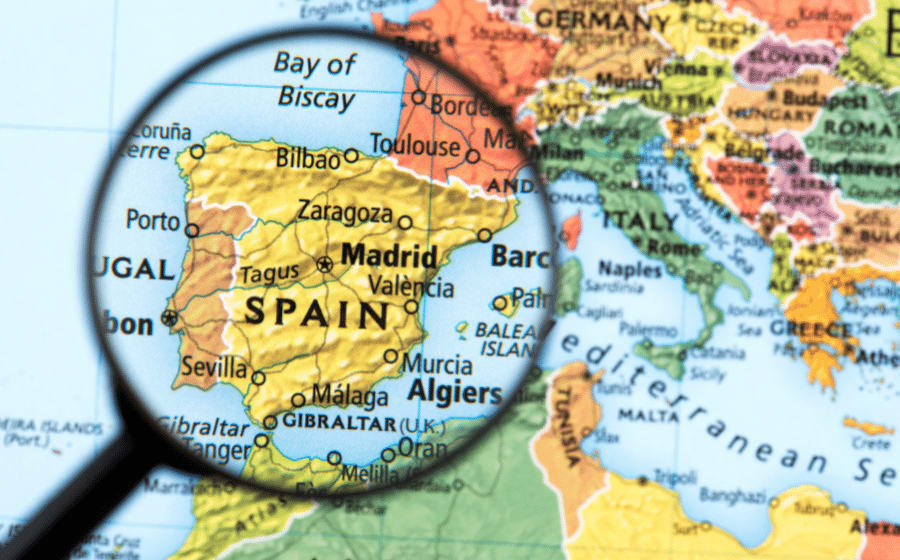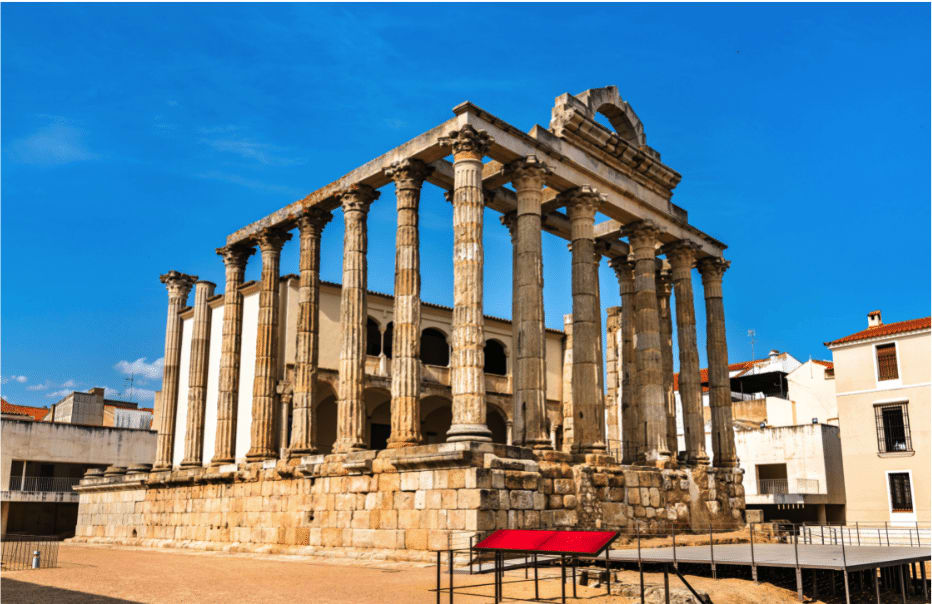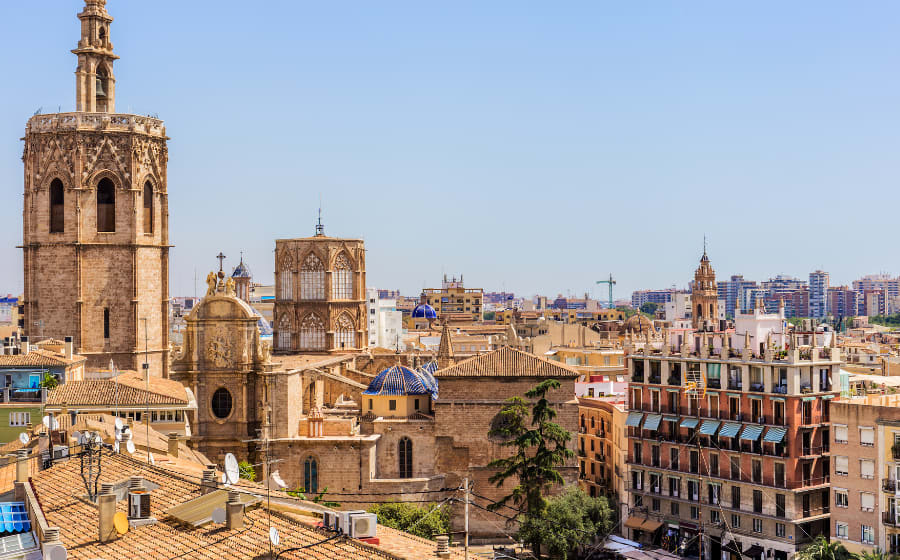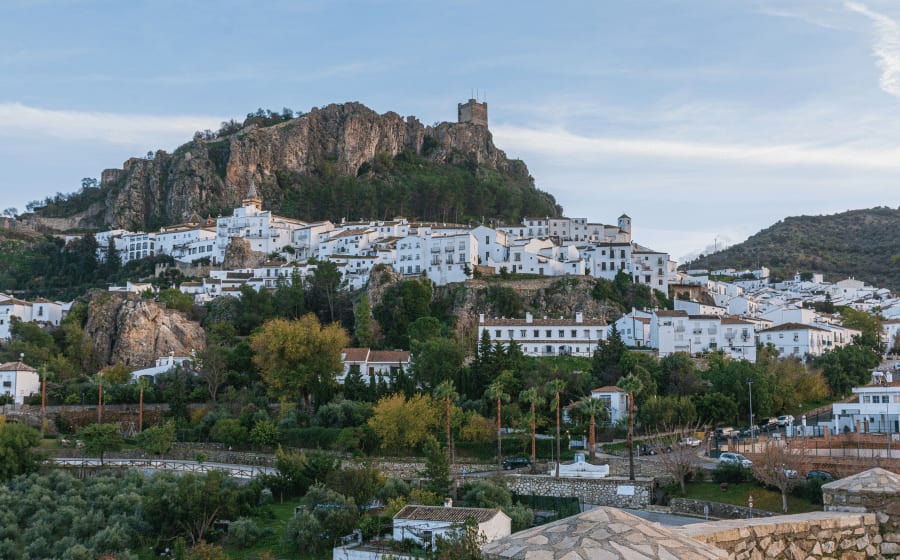The Ancient Spanish Lost City: Is the Missing Atlantic in Andalucia?
October 11, 2022
Win a FREE Trip to Spain!
Exciting Announcement! For the first time, we're thrilled to offer exclusive trips to the heart of Spain - an experience like no other. This isn't your typical tourist journey; it's a unique opportunity to immerse yourself in authentic Spanish culture, alongside real locals and our passionate team.
But there's more! Simply by requesting information about this amazing trip, you'll be entered into a special draw to win a Fully Paid Trip to Spain for Two. And that's not all - everyone who inquires will receive an exclusive bonus gift, valued at $500, available only now.
Ready to Discover the Real Spain?Click Here ↑ to Request Information & Enter the Draw!
“Beyond the Pillars of Hercules,” who would have thought that an important Greek Philosopher referred to Spain in his dialogues?
The lost city of Atlantis is a mystery that historians, scientists, and archaeologists have been trying to solve for many years!
I’ll explain everything about the Ancient Spanish Lost City in this post. One of the most crucial findings in the scientific community is Plato’s description, which I’ll also put in simple words.
You’ll find facts about the ancient civilization that lived there, the Lost City nowadays, and a video documentary by the National Geographic Channel proving that Spain does have it all.
Table of Contents ▼ ▶
1. Where was the Spanish Lost City located?
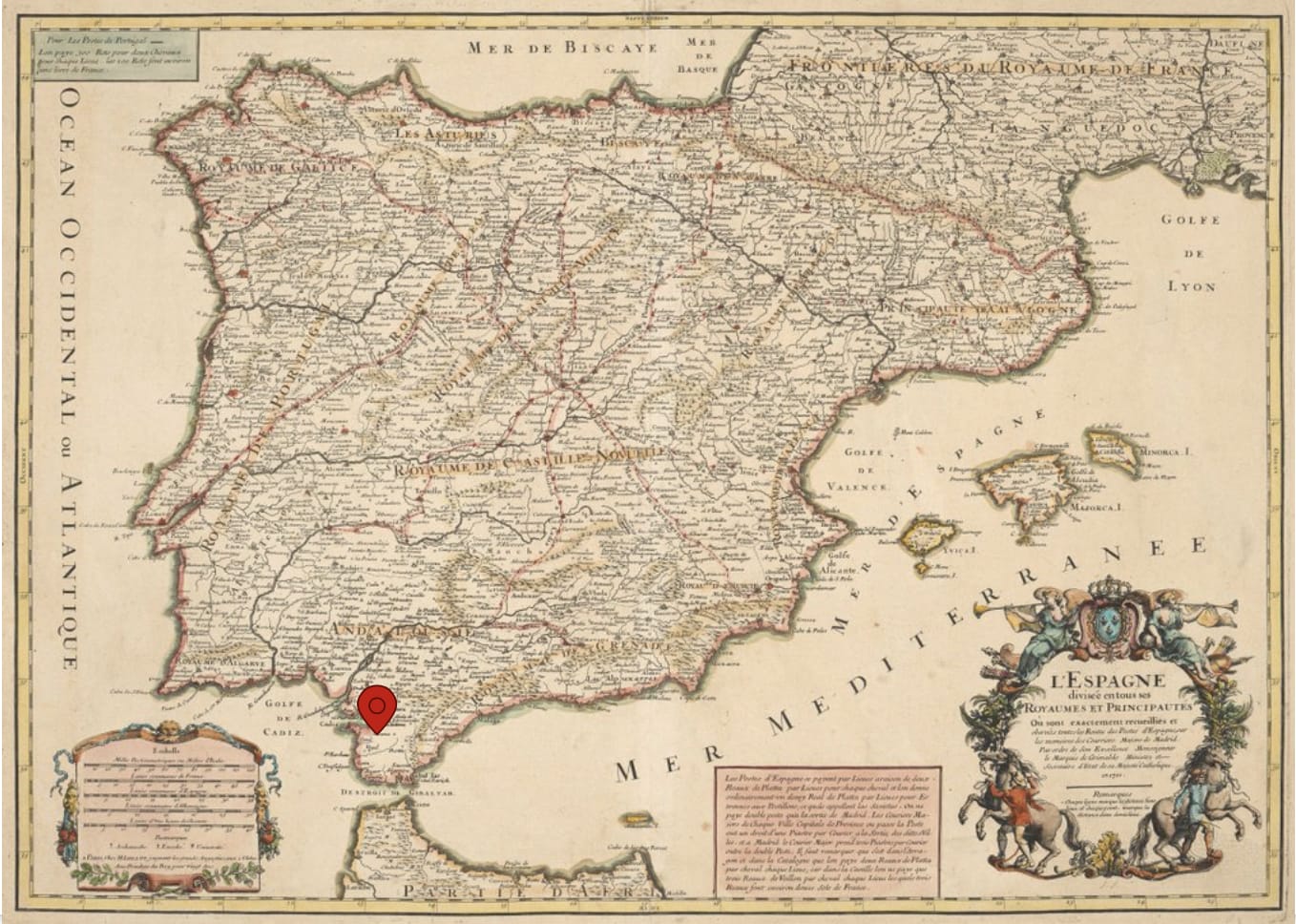
There are many hypotheses about the exact location of Atlantis City. One of them believes the description by the Greek Philosopher Plato (429-347 BC), which talks about Atlantis as a legendary city located “beyond the Pillars of Hercules”(in the Strait of Gibraltar in Cádiz, Andalucia).
Numerous Spanish authors, scientists, and international historians defend this theory, and even National Geographic has a documentary on the topic in 2011, in which this issue is pointed out.
But the truth is that the exact location remains uncertain and holds a profound history behind it, and I’m ready to unleash it.
2. The Missing Atlantic described by Plato
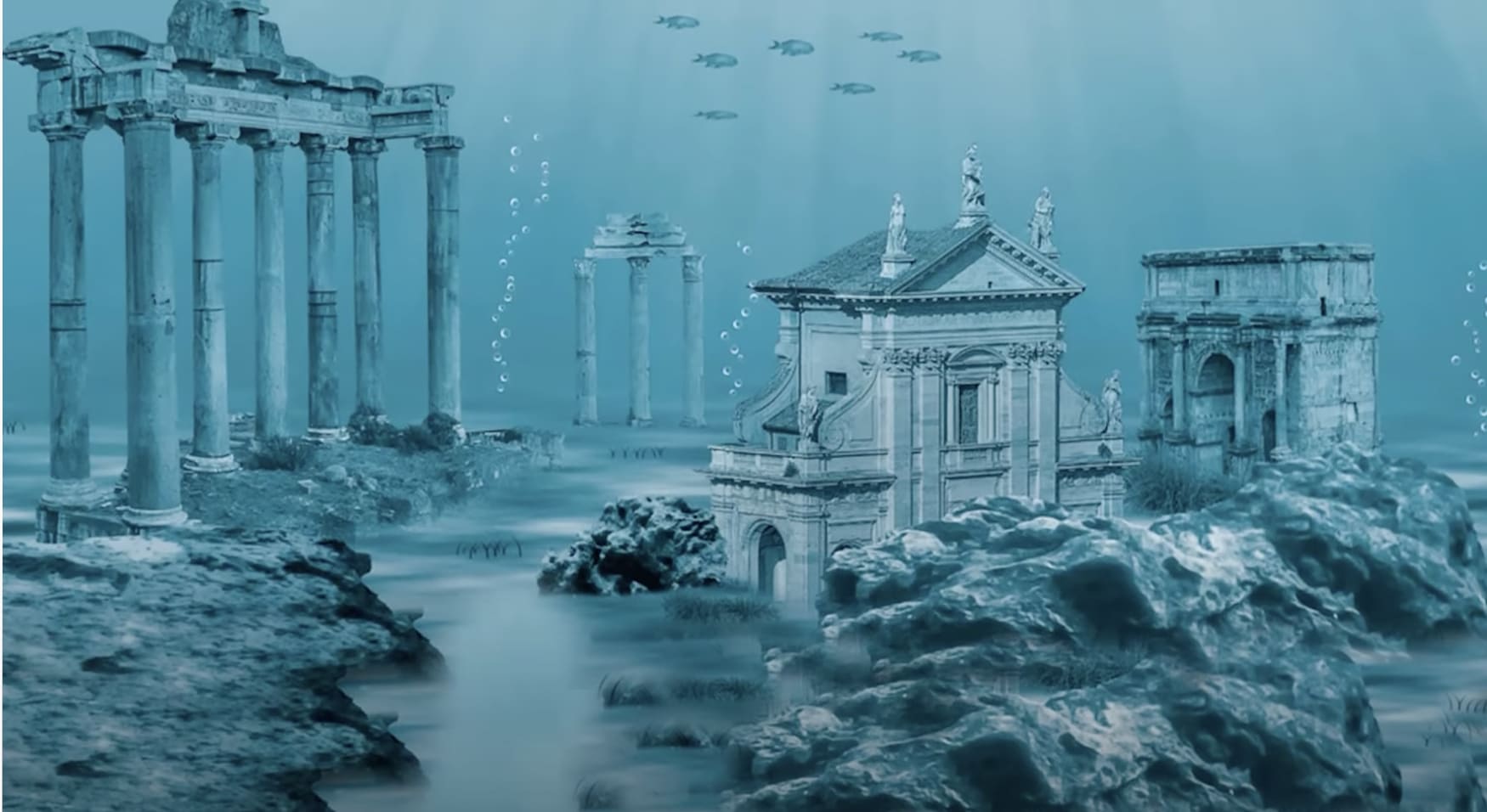
Nearly 2,400 years ago, in ‘Timeus and Critias,’ Plato described an incredible island that the gods sunk in the ocean and the scientific community has been trying to identify. I mean, we are talking about locating the first civilization of the story of humanity here… That’s a HUGE thing!
In the following dialogue, Plato describes an outstanding achievement of ancient Athens by repeating the words of the priest speaking directly to Solon.
Retrieved from “Timeo” by Plato. Miguel de Cervantes Virtual Library.
“Your city once stopped the insolent march of a great empire, which advanced from abroad, from the Atlantic Ocean, over all of Europe and Asia.
At that time, you could cross that ocean since there was an island in front of the mouth that you, so you say, call the Pillars of Hercules. [Strait of Gibraltar] This island was larger than Libya and Asia [for the Greeks of that time, Asia was from the Nile to the Hellespont] together. Those of that time could pass to the other islands and from the islands to all mainland in front of them, surrounded by the real ocean. Inside the mouth, as we mentioned before, it looked like a bay with a narrow entrance.
On that island, Atlantis, a great and wonderful confederation of kings had arisen who ruled over it and many other islands, as well as parts of the mainland. On this continent, the peoples of Libya, Egypt, and Europe, as far as Tirrenia [central Italy], also ruled. All this united power once tried to enslave all your region in an attack. Then, Solon, your city’s authority, became famous among all men for its excellence and strength because it surpassed all in bravery and warrior arts. Leading the Greeks at one point in the fight, then forced to fight alone when the others parted ways, he ran the most extreme dangers and overpowered those who attacked us.
He thus achieved a great victory, preventing many from being enslaved and generously freeing the rest of us who lived beyond the borders of the Heraclides.
Later, after a violent earthquake and an extraordinary deluge, in one terrible day and night, your warrior class sank all at once under the earth, and the island of Atlantis disappeared in the same way, sinking into the sea. For this reason, even now, the ocean is impassable and inscrutable because it is prevented by the clay produced by the island located in that place and found at a very shallow depth.
So what happened to the city after Athens won the battle? The legend says that a Cataclysm triggered by Poseidon managed to make the island disappear.
And why was that? It was due to many disputes between the mythical Kings, Atlas and Poseidon. The struggles to prove superiority and the thirst for possession led to countless battles. And made Poseidon sank Atlantis City.
3. The Inhabitants of the Spanish Lost City
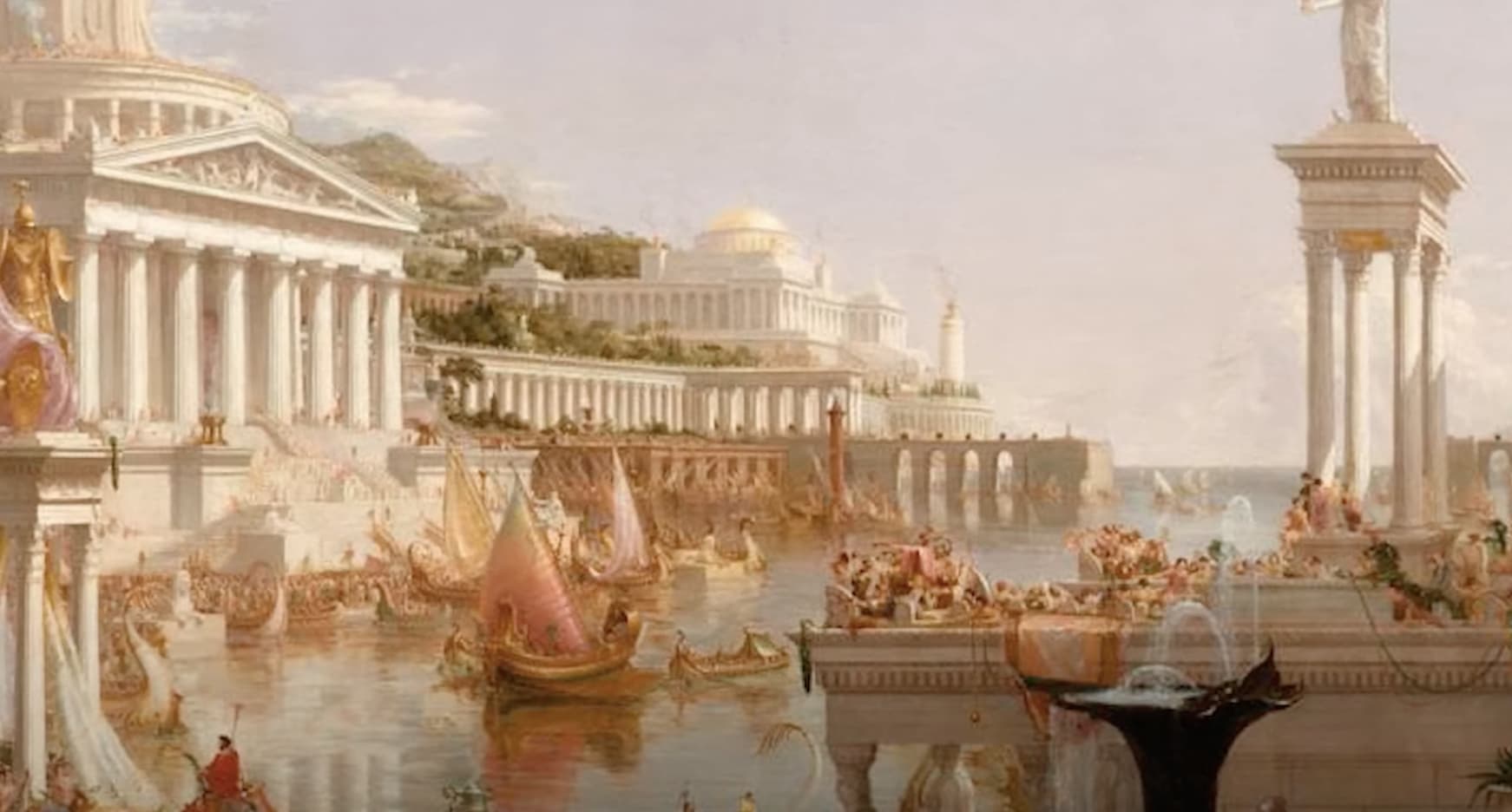
But what do we know about the people who lived there? According to legend, its inhabitants lived on an island rich in mountain copper, with an endless number of animals like bulls and elephants. They were a pretty advanced civilization, highly educated, superior to others, and a wise society whotraveled to spread their knowledge, architecture, and pyramids to the world.
The Tartessos Civilization developed in the triangle formed by the current provinces of Huelva, Seville, and Cádiz on the southwest coast of the Iberian Peninsula, as well as in Badajoz during the Late Bronze Age and the first Iron Age (12th century BC - 5th century BC).
Tartessians influenced the interior lands and the Portuguese Algarve. And presumably developed a distinct language and writing from their neighboring and, in their final phase, had cultural influences from the Egyptians and Phoenicians.
The legends are more extensive than this. Some historians talk about the Tartessos as the first ones to inhabit this land in the Strait of Gibraltar. At the same time, others say both the Tartessos and the Atlantis were in the same city, living in what we know today as the Doñana National Park in Andalucia.
Although the scientific community almost unanimously rejects the existence of Atlantis the legend could be true. However no evidence proves whether Plato was talking about Santorini or Andalusia.
4. The Lost City Today: Doñana National Park by UNESCO
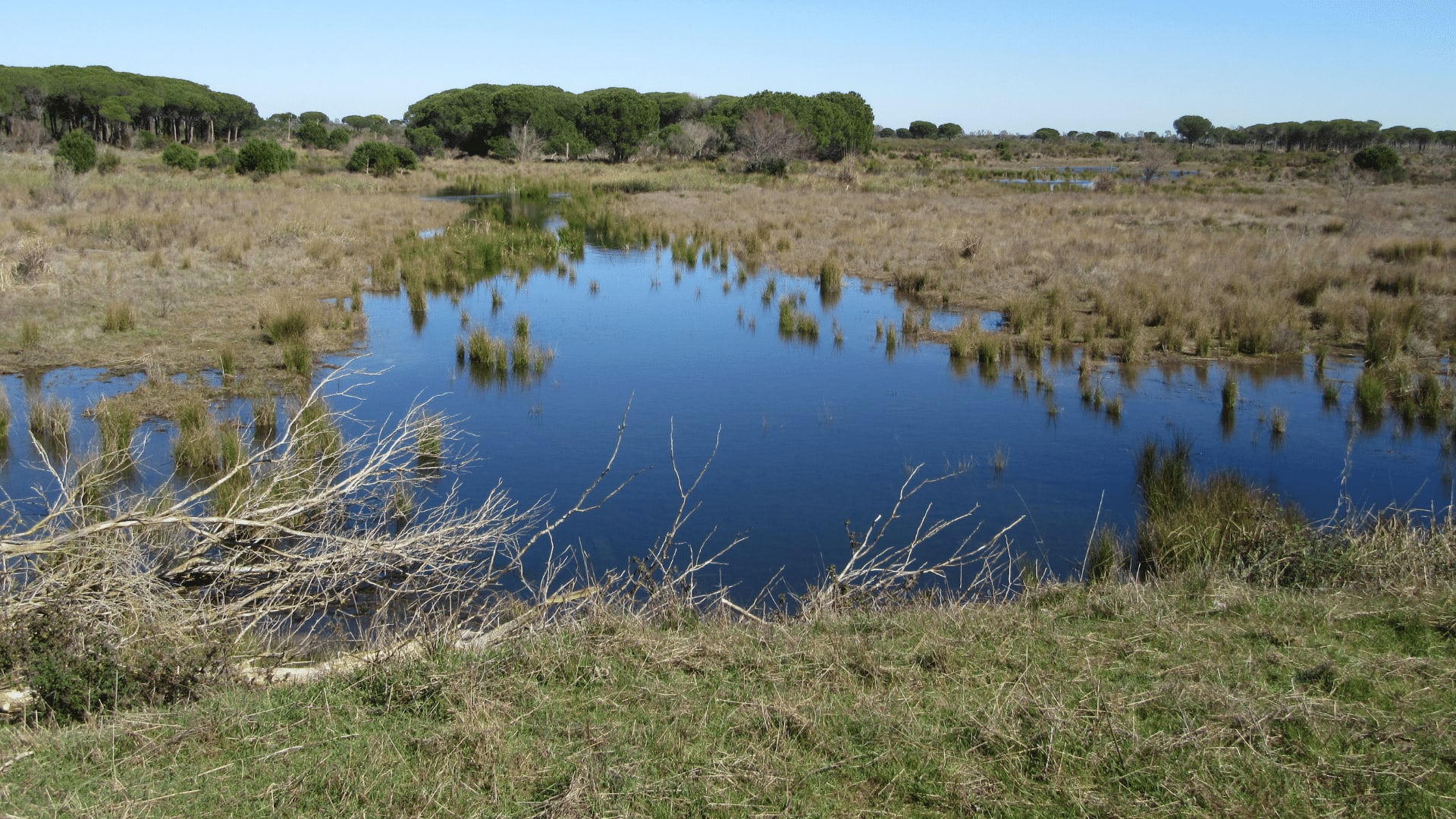
Doñana National Park is in the Autonomous Community of Andalusia, in Spain. It occupies the right bank of the Guadalquivir River at its mouth in the Atlantic Ocean.
Today, it is famous for its incredible natural diversities, lagoons, marshlands, fixed and mobile dunes, scrub woodland and maquis.
The English company Merlin Burrows conducted 5-year research about Atlantis, concluding that the city was indeed located in Doñana. And some others say there are many unexplained things, alleging there’s not enough evidence to conclude such a big thing.
Still, a satellite taking pictures allowed a scientist to discover that the mythic City of Atlantis is in the Doñana National Park in Andalucia. National Geographic also mentions it, and here’s a fragment of the Documentary.

Plato describes Atlantis as an island larger than Libya and Asia Minor, located in the Atlantic just beyond the Pillars of Hercules. This location in Southern Spain perfectly fits Plato’s description. Researchers found some interesting evidence, but Atlantis remains a mystery!



